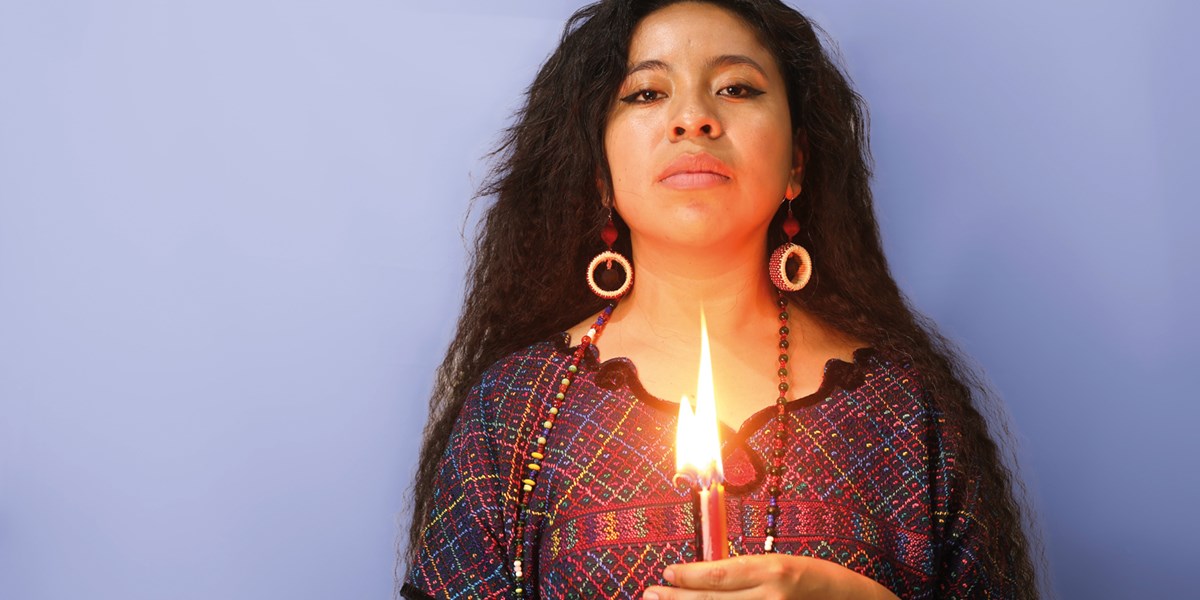Thursday, May 9, 2024
Spotlight: Sara Curruchich
The Guatemalan singer-songwriter tells Catalina Maria Johnson about her determination to represent women and carry the knowledge of her Indigenous heritage through music. “It’s a revolutionary act,” she confides

Sara Curruchich / Xeloj

Register now to continue reading

Thanks for visiting the Songlines website, your guide to an extraordinary world of music and culture. Sign up for a free account now to enjoy:
- Free access to 2 subscriber-only articles and album reviews every month
- Unlimited access to our news and awards pages
- Our regular email newsletters

